Looking back at 2023, the Department of Natural Resources and Environment has advised the Provincial People's Committee to issue a Plan for collecting land use fees (SDD) for the provincial budget in 2023 and approve specific land prices to calculate land use fees, land rent when allocating land, leasing land, changing land use purposes, and auctioning land use rights for a number of new urban area (KDT) projects, tourism projects, and BT capital recovery projects. On that basis, in 2023, 216.57 billion VND was collected, reaching 108.3% of the plan for collecting land use fees from the provincial budget (200 billion VND).
Projects implemented in Phan Rang - Thap Cham city contribute to increasing budget revenue.
To strive to complete the collection of provincial budget land use fees in 2024, exceeding the estimate assigned by the Provincial People's Council and People's Committee by 632.5 billion VND. From the beginning of 2024, the Department of Natural Resources and Environment will coordinate with relevant units to review and identify projects that will collect provincial budget land use fees in 2024 to advise the Provincial People's Committee to issue an implementation plan. On that basis, focus on land valuation and land use fee collection to ensure that the set plan is achieved and exceeded. In addition to the transition to 2024 for projects identified in the 2023 land use fee collection plan but not yet completed, new revenue sources for 2024 will focus on new urban area projects and residential areas that are being implemented or about to be implemented such as: New urban area on Dinh River bank, Khanh Hai new urban area, North Song Ong new urban area, Northwest new urban area, Northeast new urban area (Area K3),... to supplement the 2024 land use fee collection plan to ensure feasibility.
Direct the Provincial Land Fund Development Center to continue organizing auctions to allocate land with land use fees or lease land for land areas managed by the State. Especially auctioning land use rights for the new urban area of Khanh Hai - Khanh Hai stadium land.
Strengthen, improve and use many forms of training and knowledge updating to further improve the capacity of cadres and civil servants doing land valuation work to ensure that they meet the requirements of the assigned tasks. Learn from the experience of recent projects in the area, resolutely not to allocate land according to the progress of compensation and site clearance. Land allocation for project implementation must only be carried out according to the progress of land use for project implementation and must ensure the entire lot, the entire plot, and meet the conditions for determining land price.
A corner of infrastructure and land fund in Khanh Hai town (Ninh Hai). Photo: Van Ny
Continue to coordinate with the construction sector and localities to review and fully update residential and urban area projects according to zoning plans and detailed construction plans into land use plans and plans to serve as a basis for organizing investment calls in the form of bidding, auctions and implementing land use purpose conversion; coordinate with the People's Committees of districts and cities to review and advise the Provincial People's Committee to submit to the Provincial People's Council for approval the list of projects requiring land recovery and conversion of land use purposes for rice cultivation and forest land to develop annual land use plans at the district level, as a basis for organizing land recovery, land allocation, land lease and conversion of land use purposes.
Publicly announce and effectively implement land use planning and plans. Strengthen the inspection and supervision of the implementation of land use planning and plans; promptly detect and handle acts of land use that are not in accordance with the planning, illegal land use purpose changes; resolutely reclaim land when there are violations or ineffective land use to auction or hand over to other units for more effective land use. Strengthen the management of construction planning to promptly detect and handle the collection of land use fees payable in cases where land users adjust detailed construction planning leading to changes in land use coefficients.
The Department of Natural Resources and Environment also requested the People's Committees at the district level to review and publicly announce the list of small, narrow land plots directly managed by the State; carry out land allocation with land use fees or auction for land allocation and land lease according to Decision No. 04/2022/QD-UBND dated January 11, 2022 of the Provincial People's Committee. Through the assessment of the results of the implementation of the land use plan of localities in 2023, it shows that the rate of land use purpose conversion of households and individuals in 2023 achieved low results because people have registered in the land use plan in 2023 but are stuck in the new rural planning that has not been adjusted by the locality in a timely manner in the planning year. Therefore, the People's Committees of districts and cities need to speed up the progress of adjusting the new rural construction planning of communes to address the need for land use purpose conversion of people in the area in 2024.
Spring Binh
Source


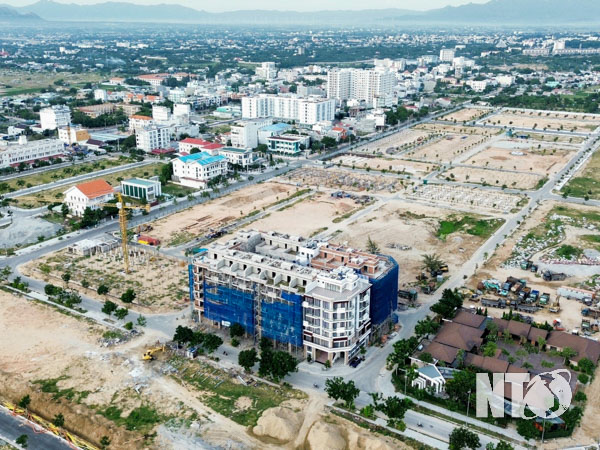
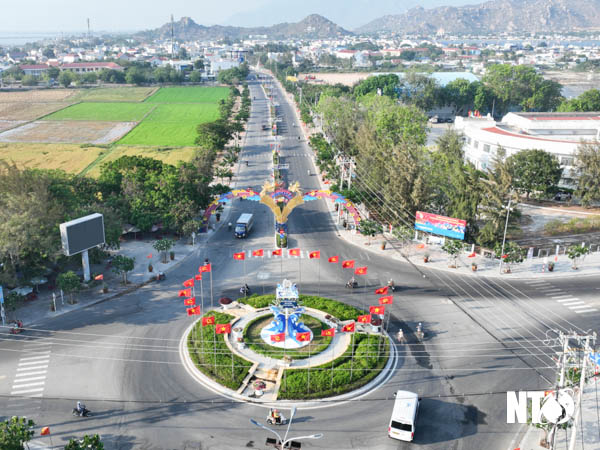
![[Photo] 60th Anniversary of the Founding of the Vietnam Association of Photographic Artists](/_next/image?url=https%3A%2F%2Fvphoto.vietnam.vn%2Fthumb%2F1200x675%2Fvietnam%2Fresource%2FIMAGE%2F2025%2F12%2F05%2F1764935864512_a1-bnd-0841-9740-jpg.webp&w=3840&q=75)




![[Photo] National Assembly Chairman Tran Thanh Man attends the VinFuture 2025 Award Ceremony](/_next/image?url=https%3A%2F%2Fvphoto.vietnam.vn%2Fthumb%2F1200x675%2Fvietnam%2Fresource%2FIMAGE%2F2025%2F12%2F05%2F1764951162416_2628509768338816493-6995-jpg.webp&w=3840&q=75)

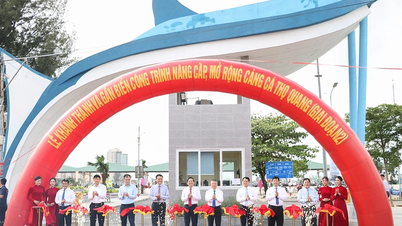





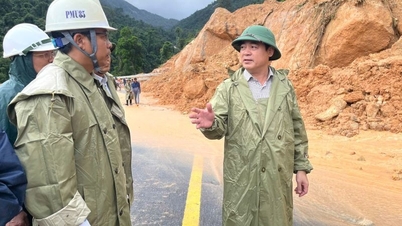

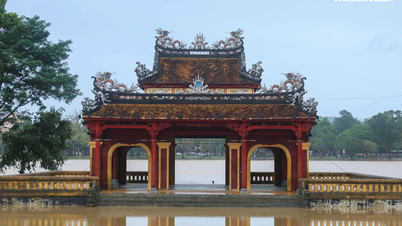





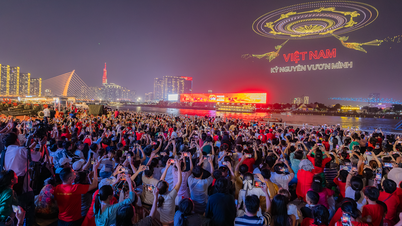




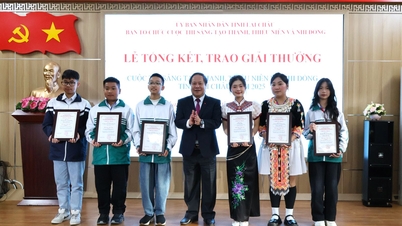













































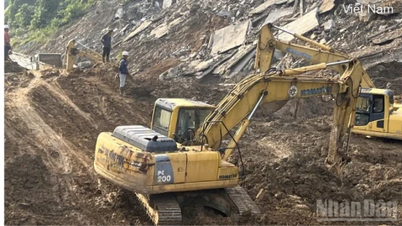

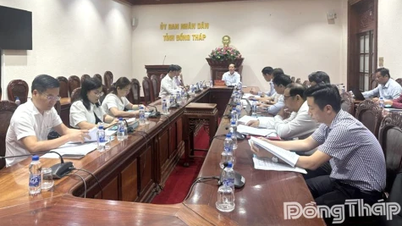


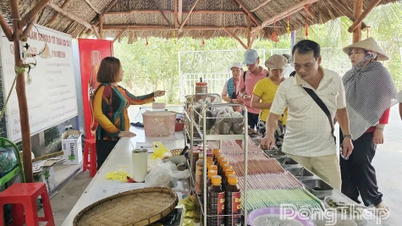
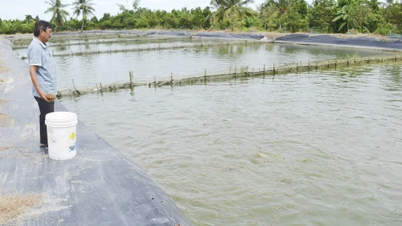
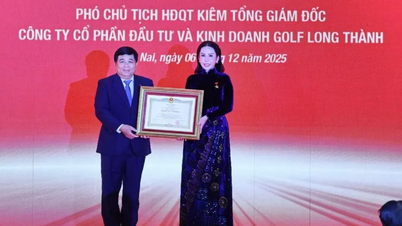









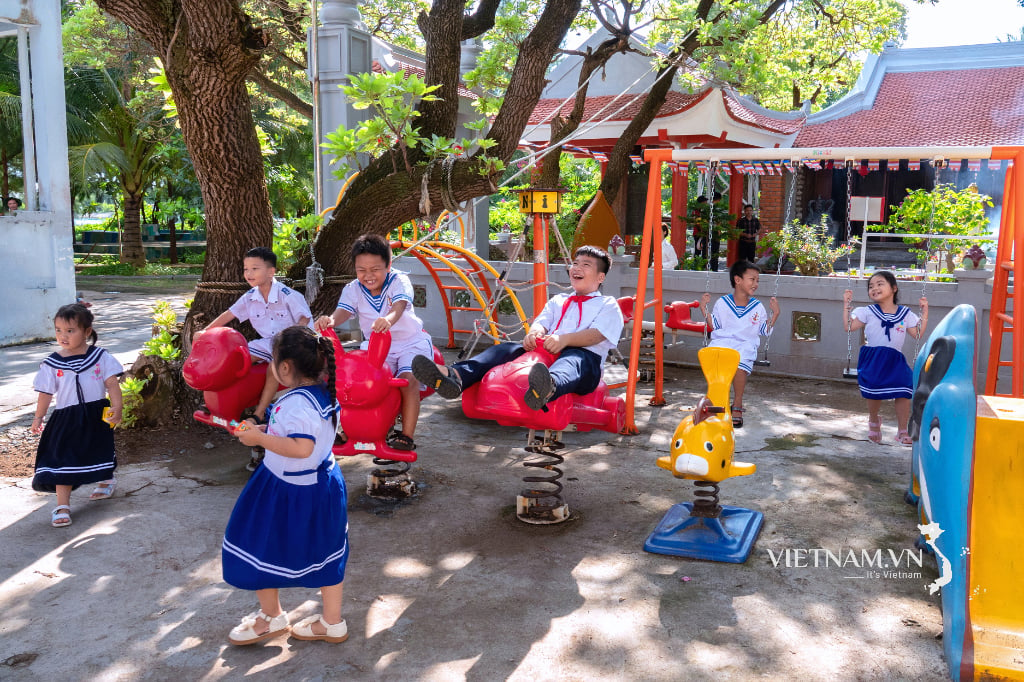


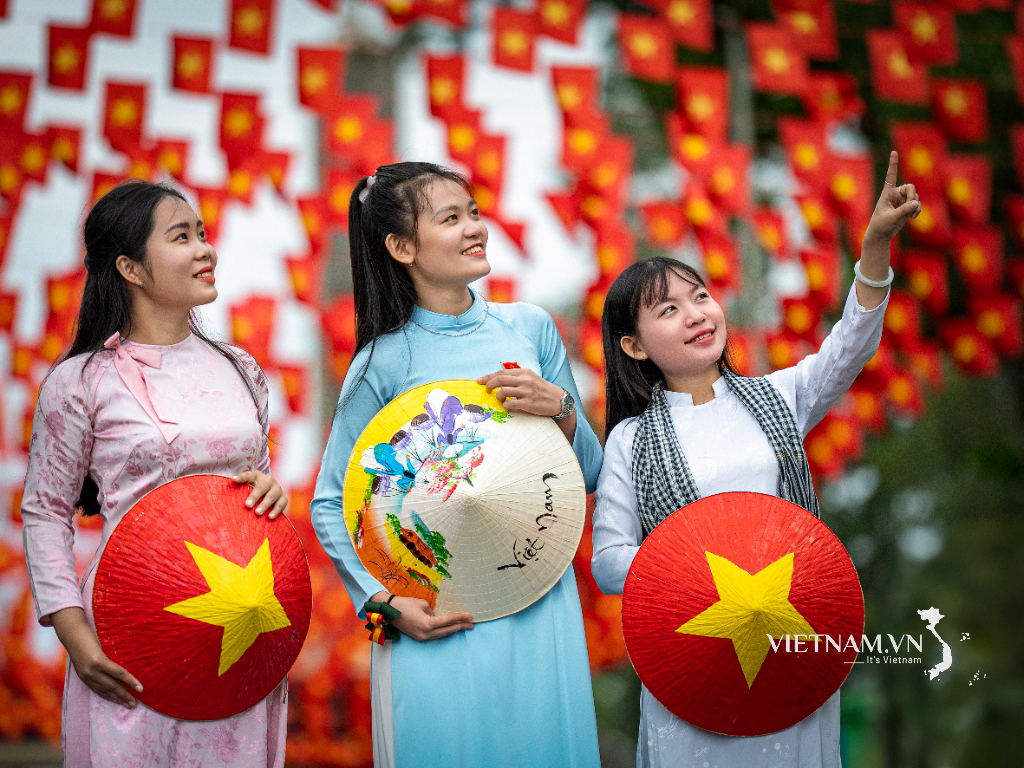




Comment (0)